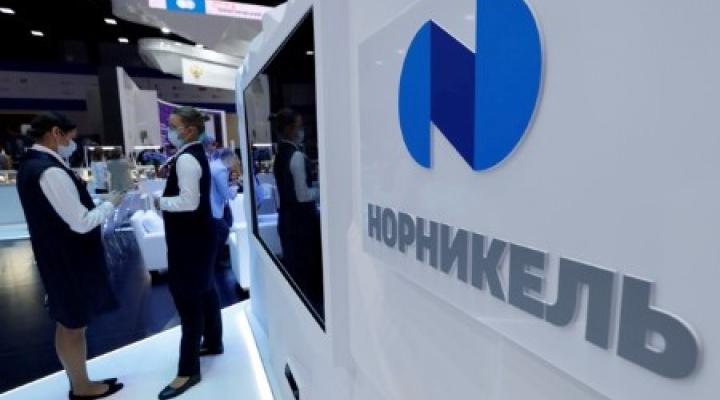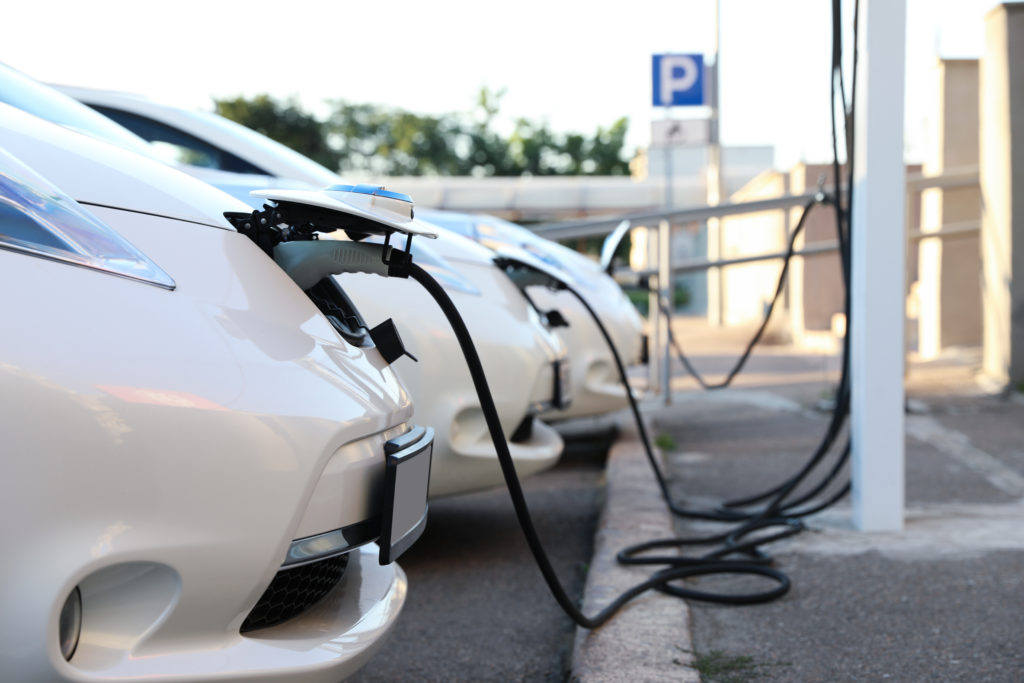Indonesia’s incoming president, Prabowo Subianto, has pledged to continue predecessor Joko Widodo’s nickel “downstreaming” policy but faces the task of reducing oversupply while pushing to strengthen the processing industry, his advisers say.
Prabowo, said by independent pollsters to have won the Feb. 14 election, has said he will pursue the effort to extract more value from Indonesia’s vast resource wealth by halting exports of key raw materials and developing domestic processing instead.
The policy drew investments of billions of dollars from smelting firms, most of them Chinese, and boosted Indonesia’s exports.
But it led to an oversupply of processed nickel that caused a drop of 45% in prices last year, squeezing producers in Australia and elsewhere, although they have since recovered to stand up about 12% in 2024.
Experts advising Prabowo are discussing ways to stem a further decline in prices while still generating more jobs and boosting value-addition, members of his campaign team said.
“We must control supply so prices can be underpinned,” Erwin Aksa, a campaign vice-chair, told Reuters, adding that current conditions are likely to drive investors to avoid new projects.
“If there is too much oversupply and those smelters stop their operations, that would impact the whole supply chain,” he added.
Prabowo himself has not publicly detailed his nickel strategy, but told a Feb. 6 rally, “We are determined to guard Indonesia’s wealth. We want to manage and control this wealth, so the value-add can be enjoyed by all Indonesian people.”
Indonesia produced about 1.4 million tons of primary nickel last year, or about 40% of global output, data from the International Nickel Study Group showed.
“Indonesia is flooding the nickel market with low-cost supply, and we don’t think it’s going to stop anytime soon,” said S&P Global Ratings, which predicts the country will add 300,000 metric tons of smelting capacity this year.
S&P Market Intelligence expects the oversupply to continue beyond 2025, as Indonesia has excess capacity for an intermediate product, nickel pig iron (NPI).
Taking stock?
Some of Prabowo’s advisers have called for a moratorium on new smelters, allowing time to take stock of reserves and improve governance.
Last year, a miners’ association warned that reserves of high-grade nickel ore could be depleted in about six years. Recently, a government official said overall nickel ore reserves were sufficient for 30 years.
No decision has been made on a possible moratorium, however, said Eddy Soeparno, another vice-chair of Prabowo’s campaign team, while adding, “It is good to take a pause and give the policy an overview.”
Prabowo will push for further processing of NPI, helping to ease oversupply, said another campaign official, Anggawira, who goes by one name.
The main challenge was building domestic industries to consume the nickel, he said.
“When the nickel is cheaper, that would make our industries more efficient,” added Anggawira, who also chairs the Association of Indonesian Energy, Mineral, and Coal Suppliers.
(By Fransiska Nangoy; Editing by Tony Munroe and Clarence Fernandez)
Read More: Wyloo says industry will turn from LME without green nickel




